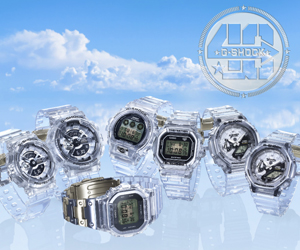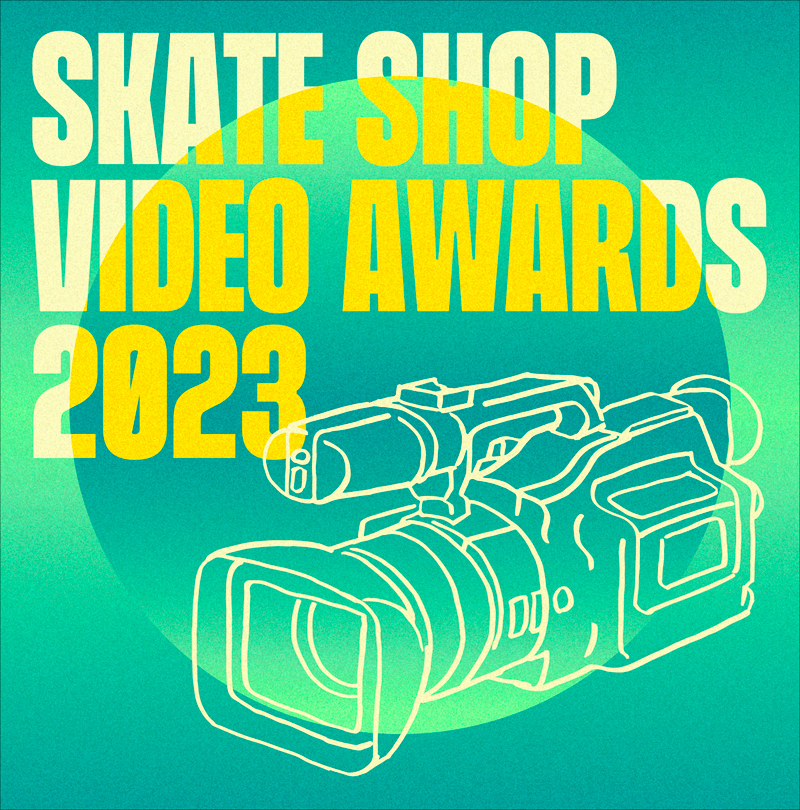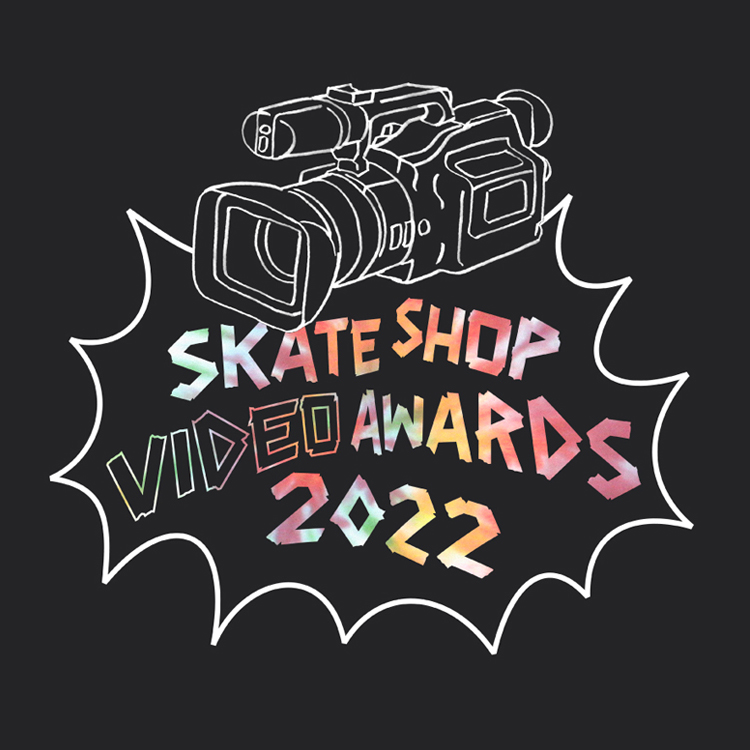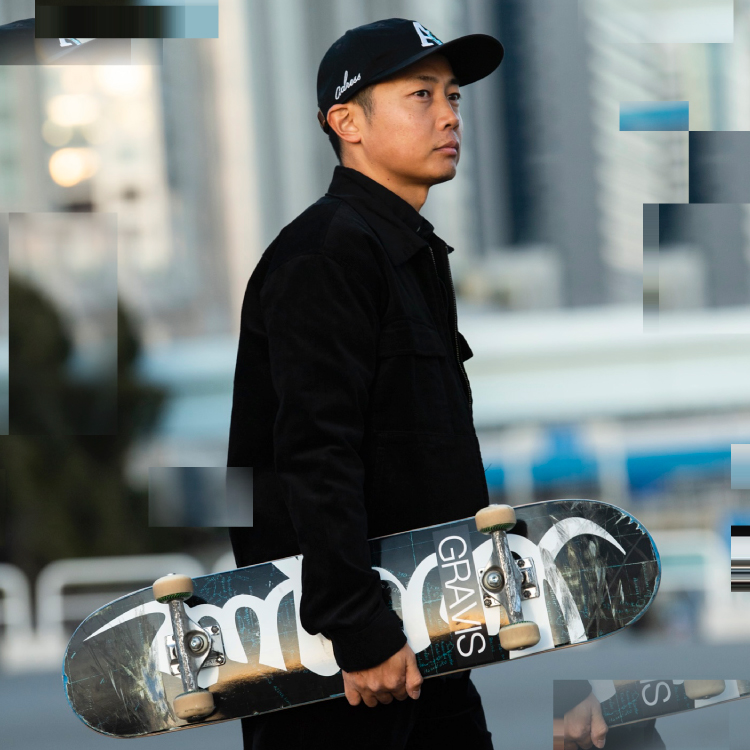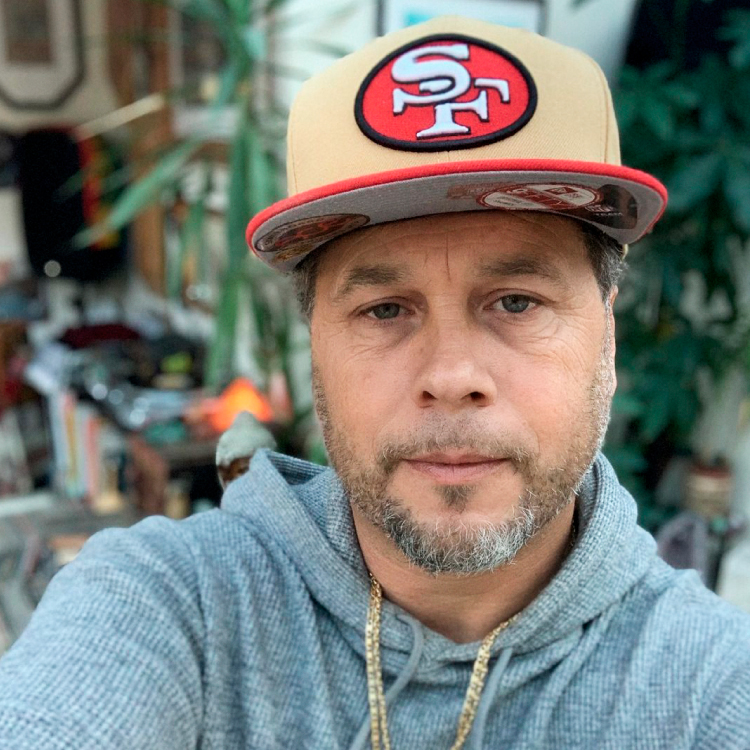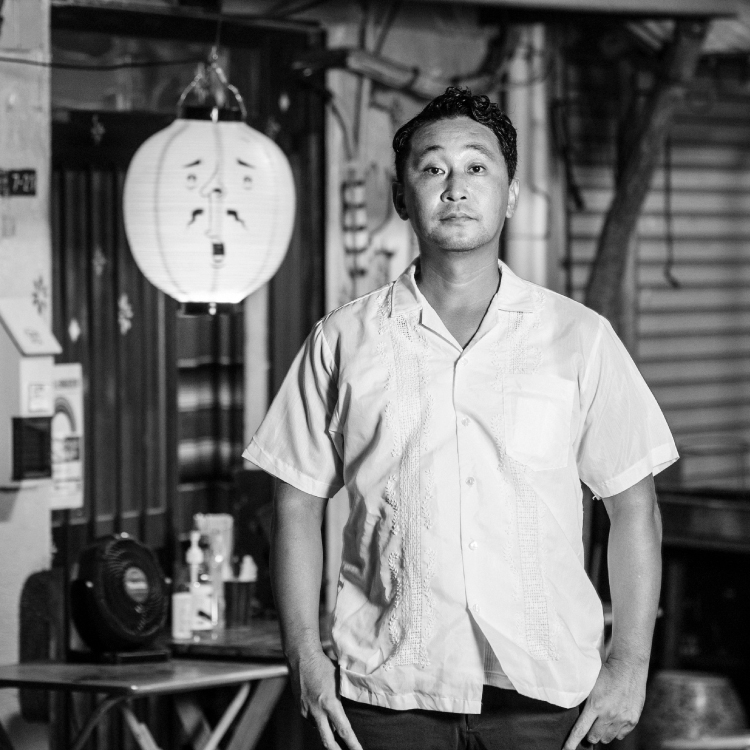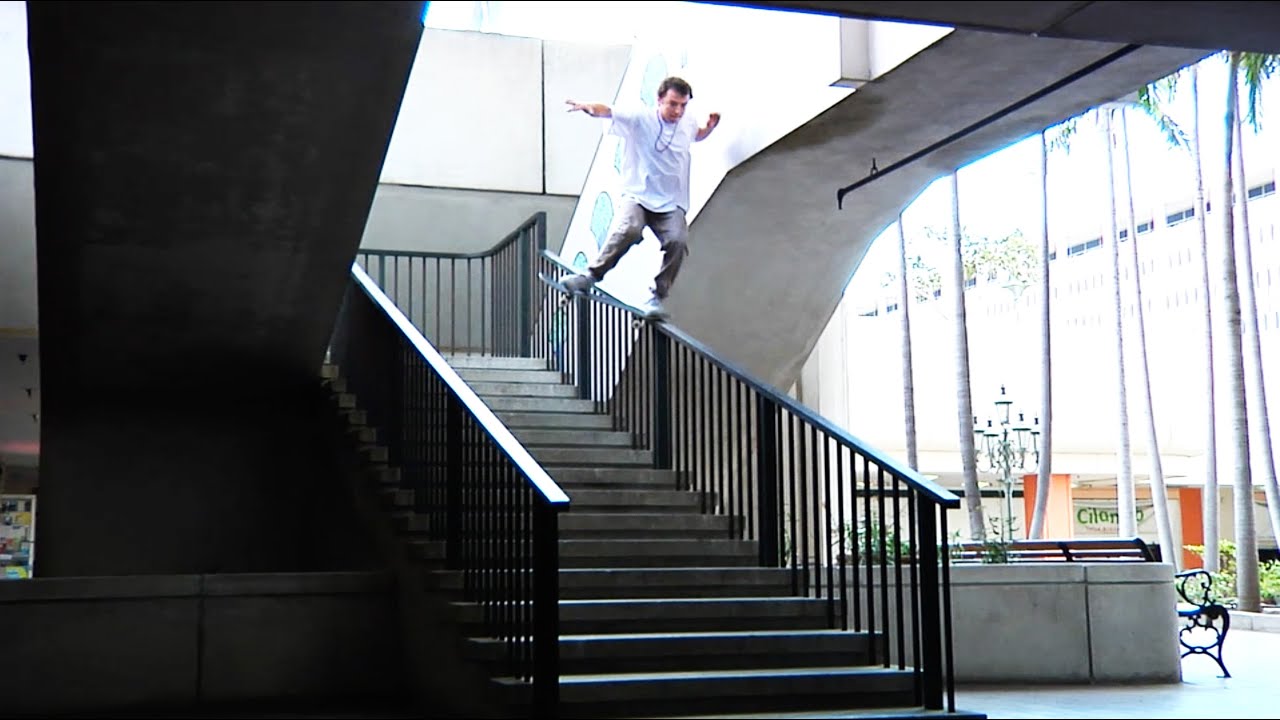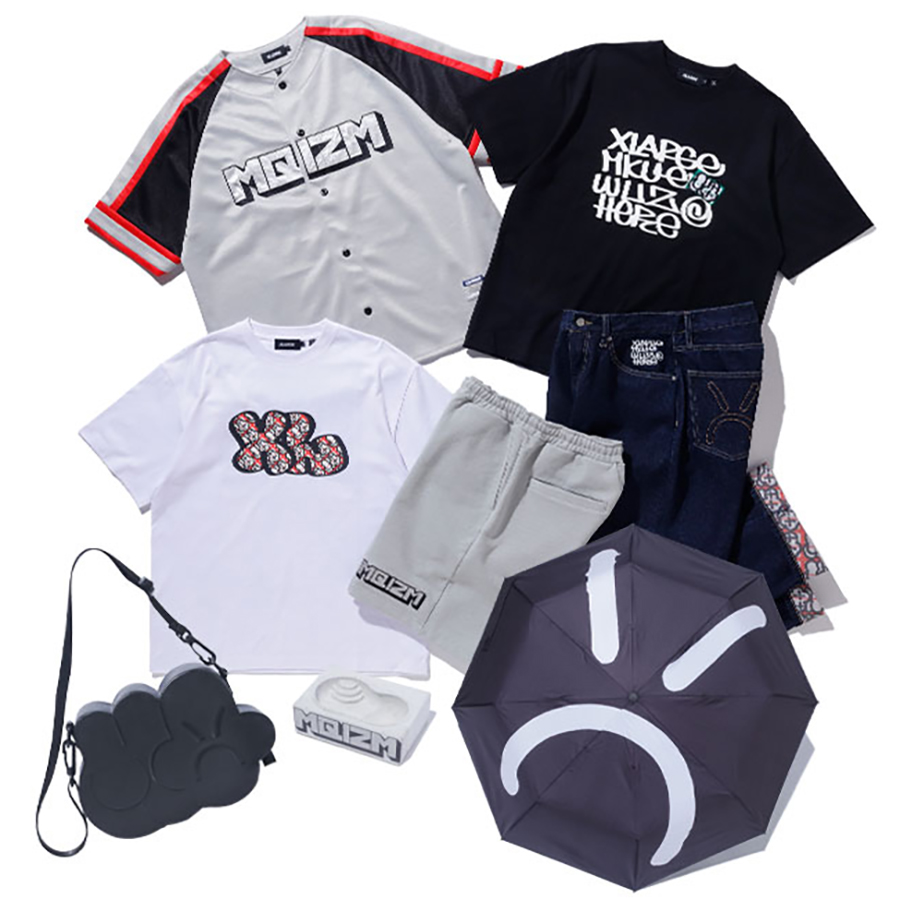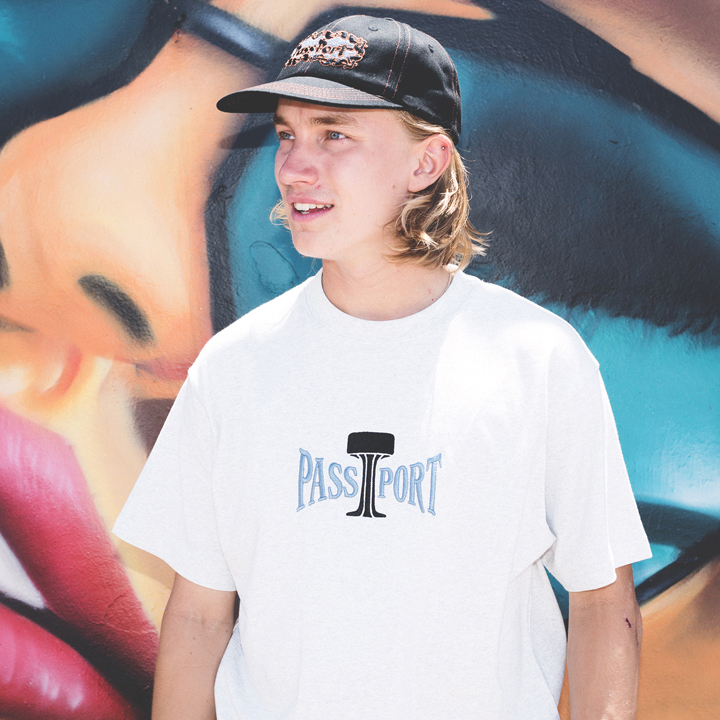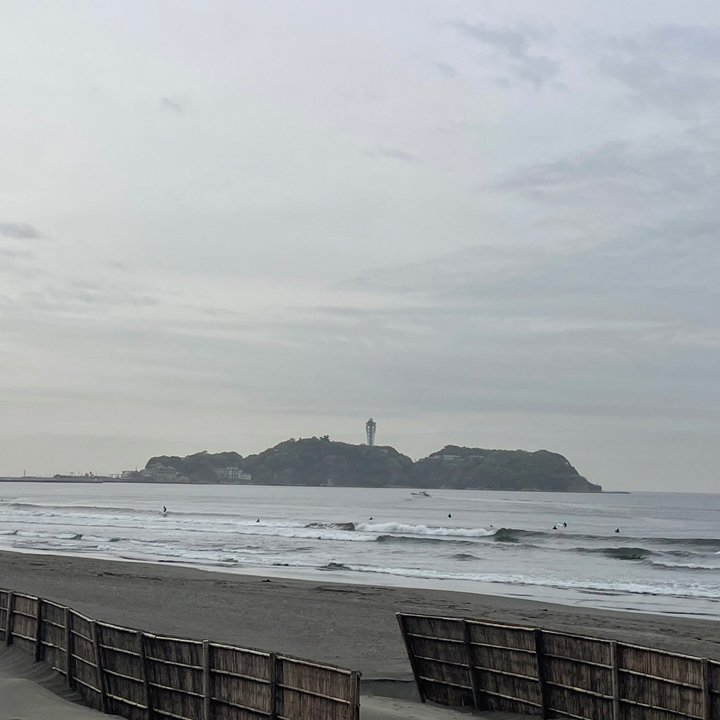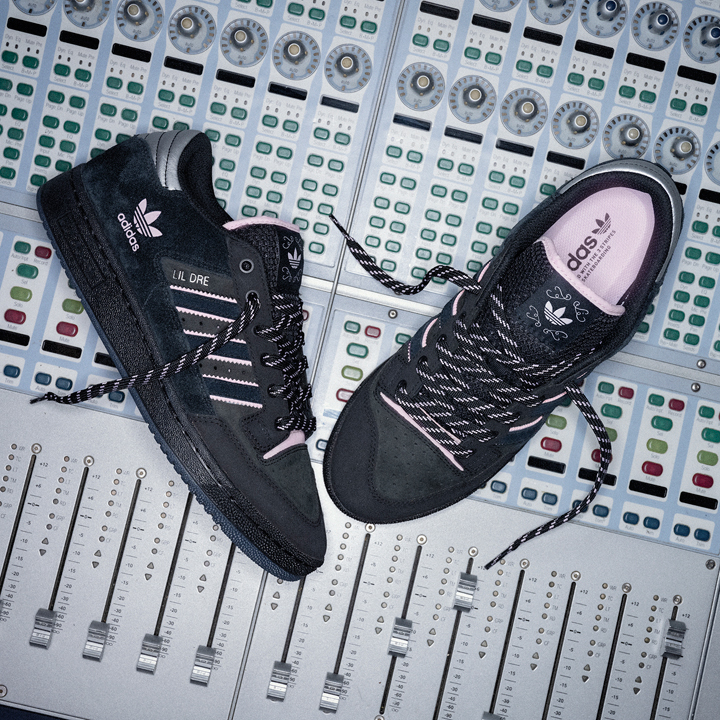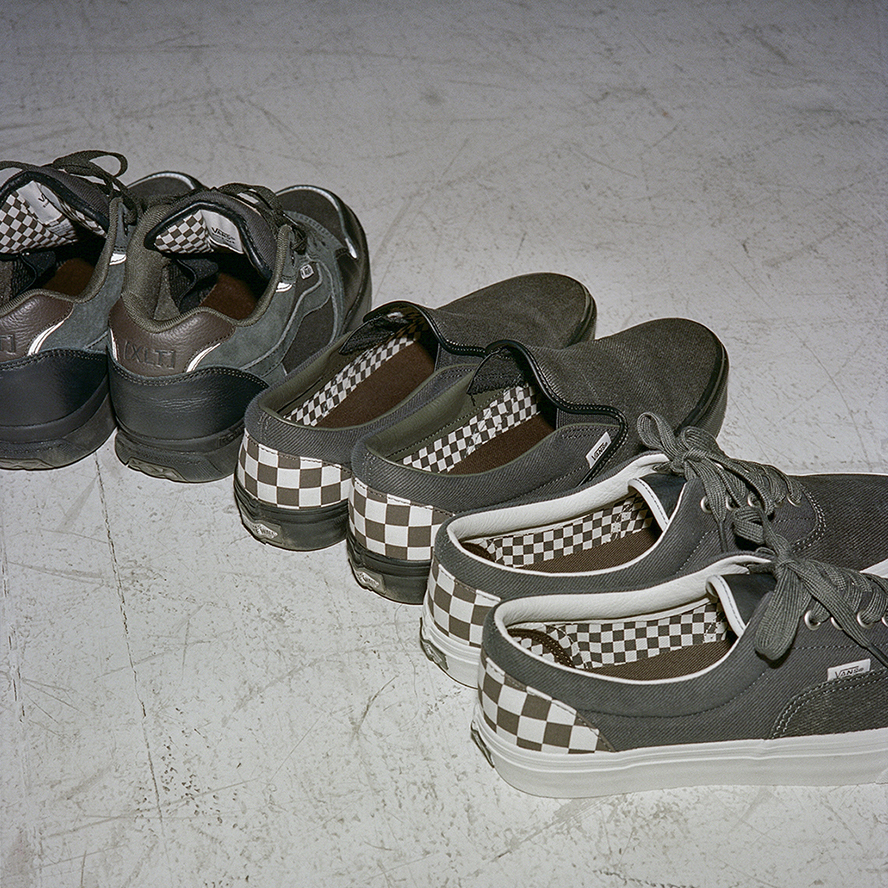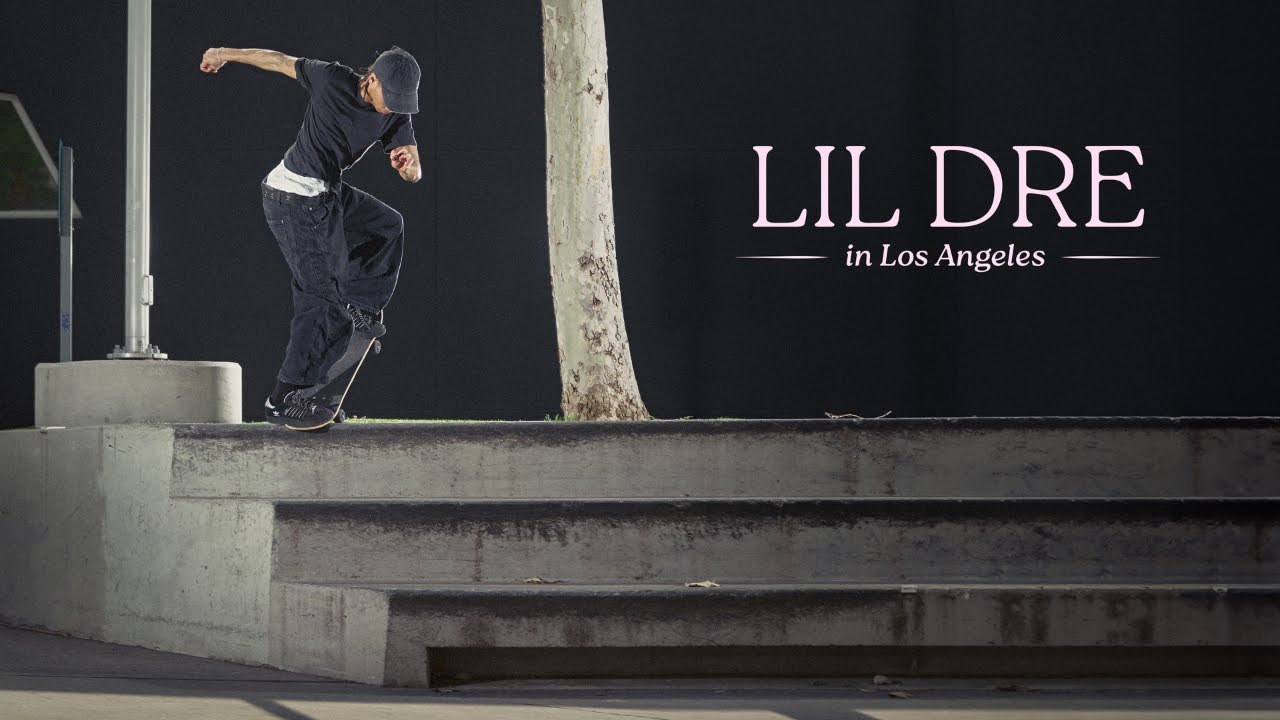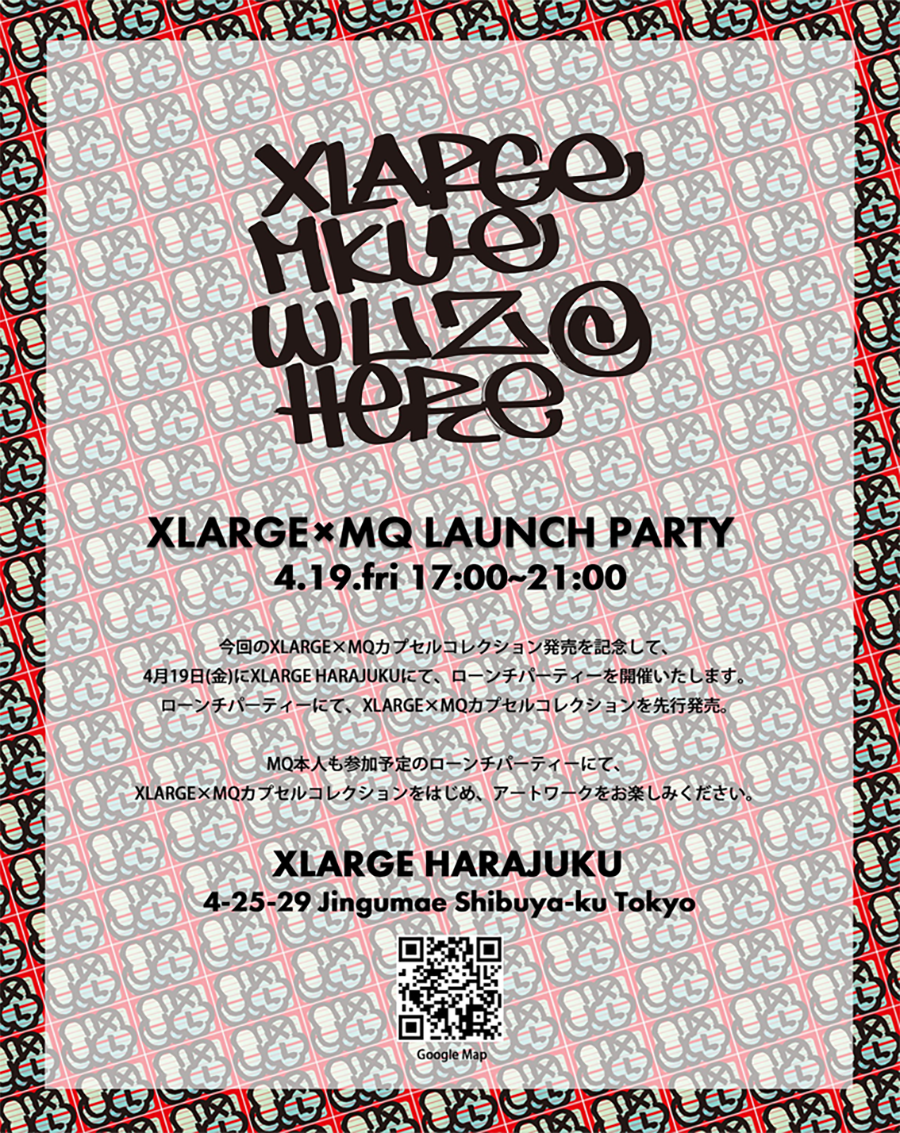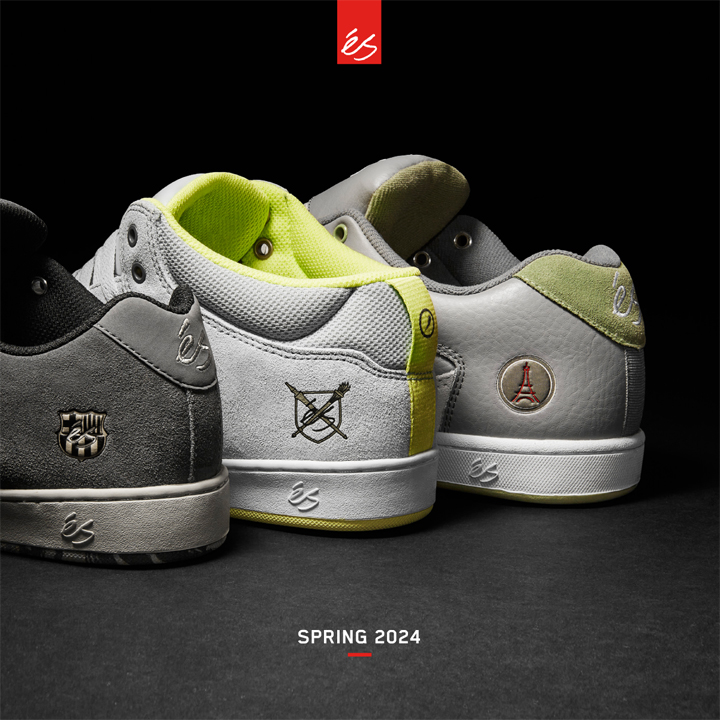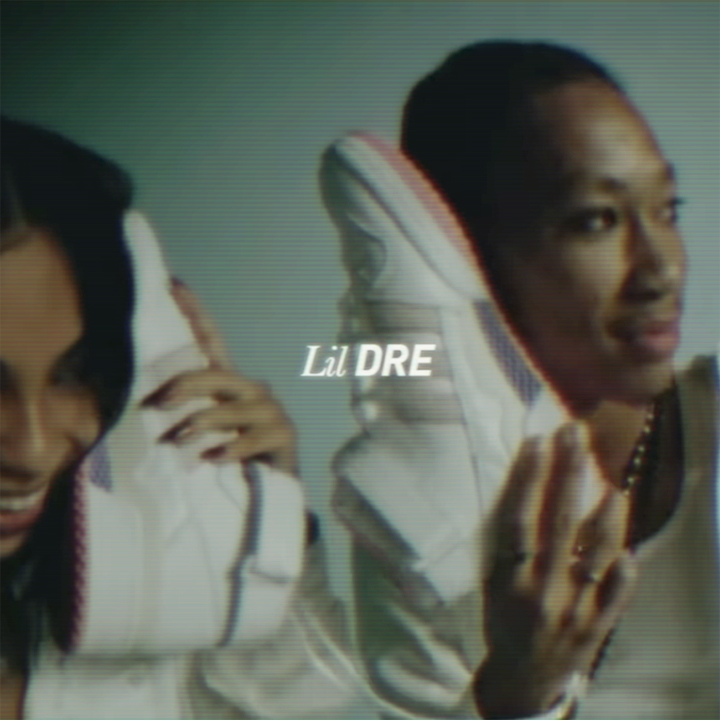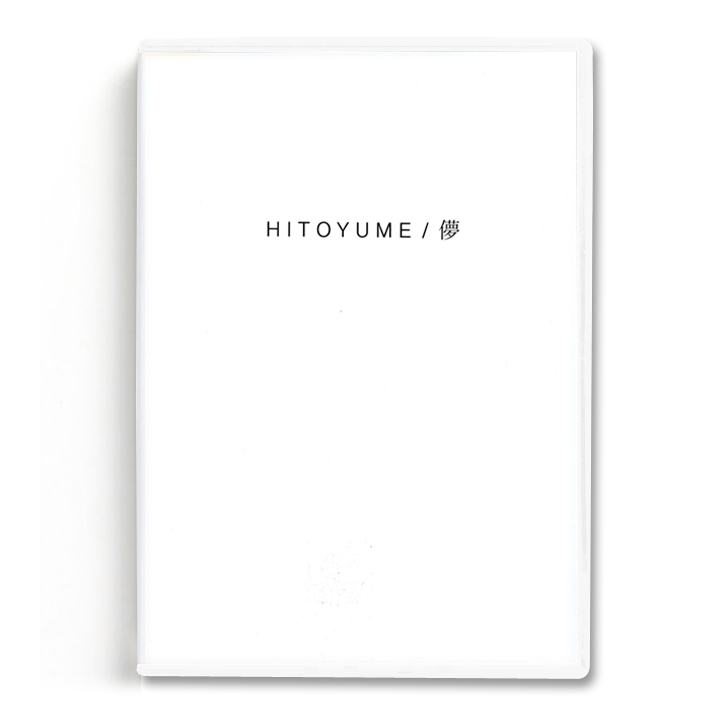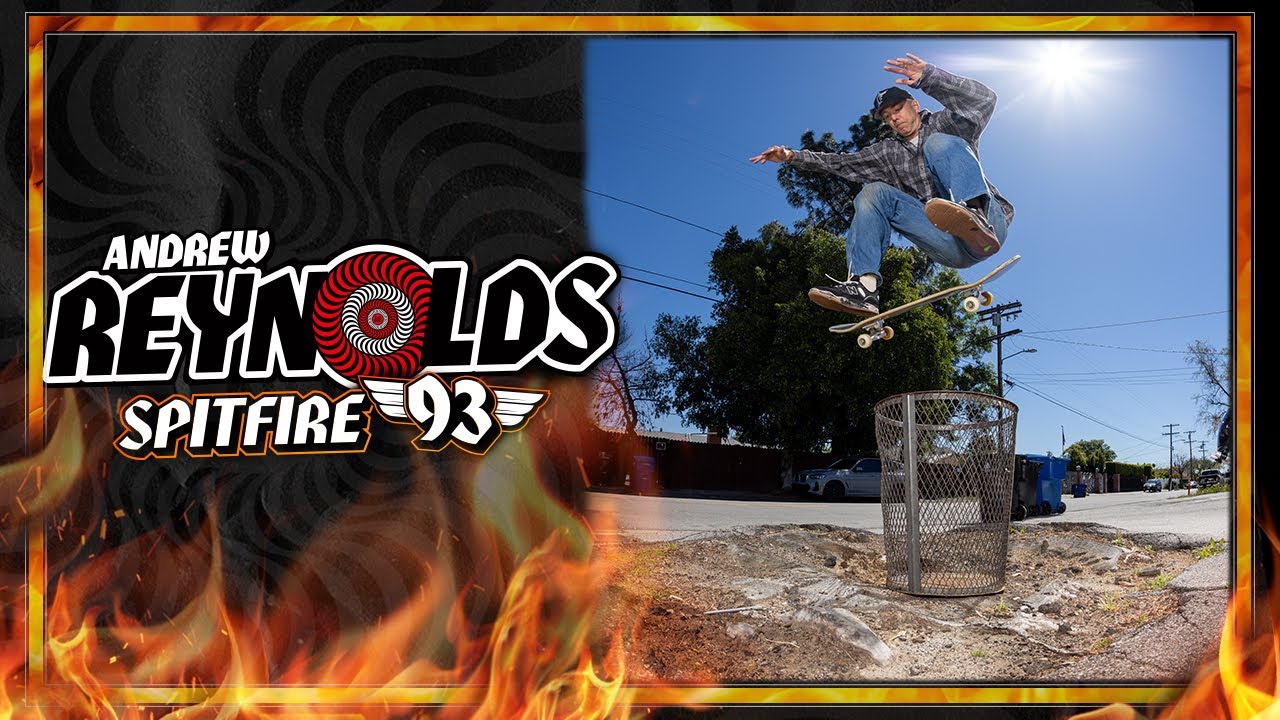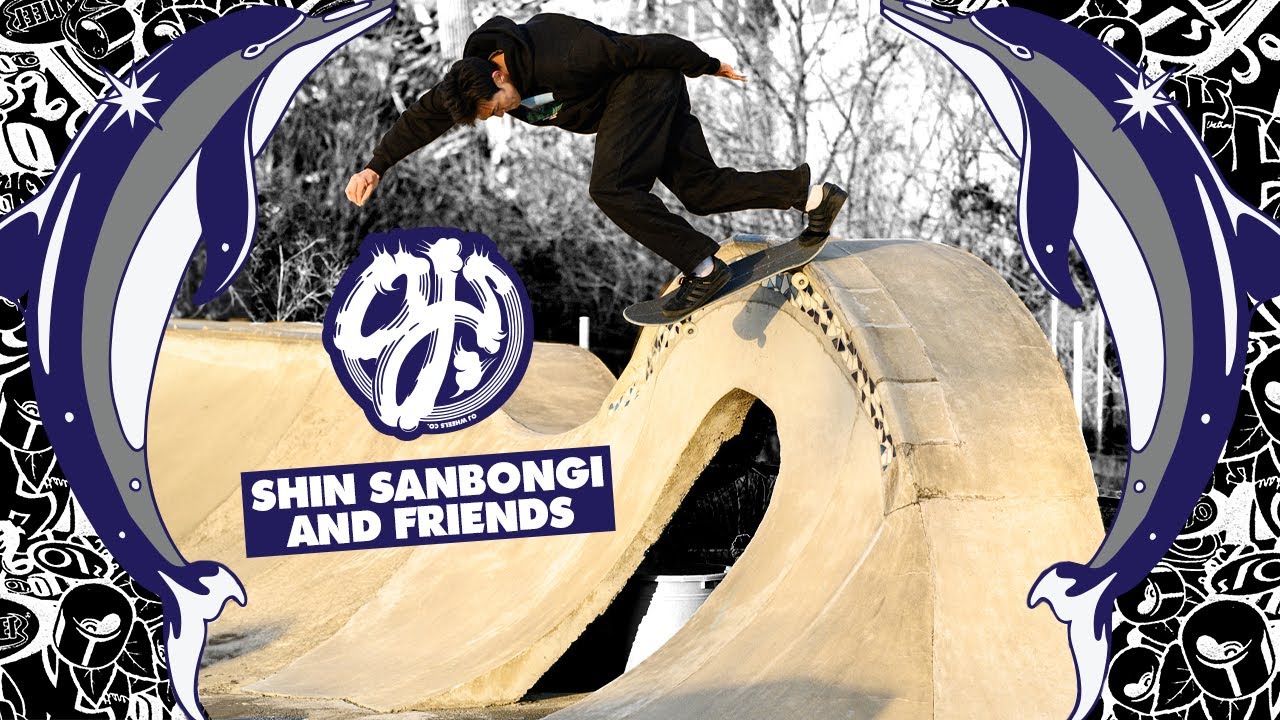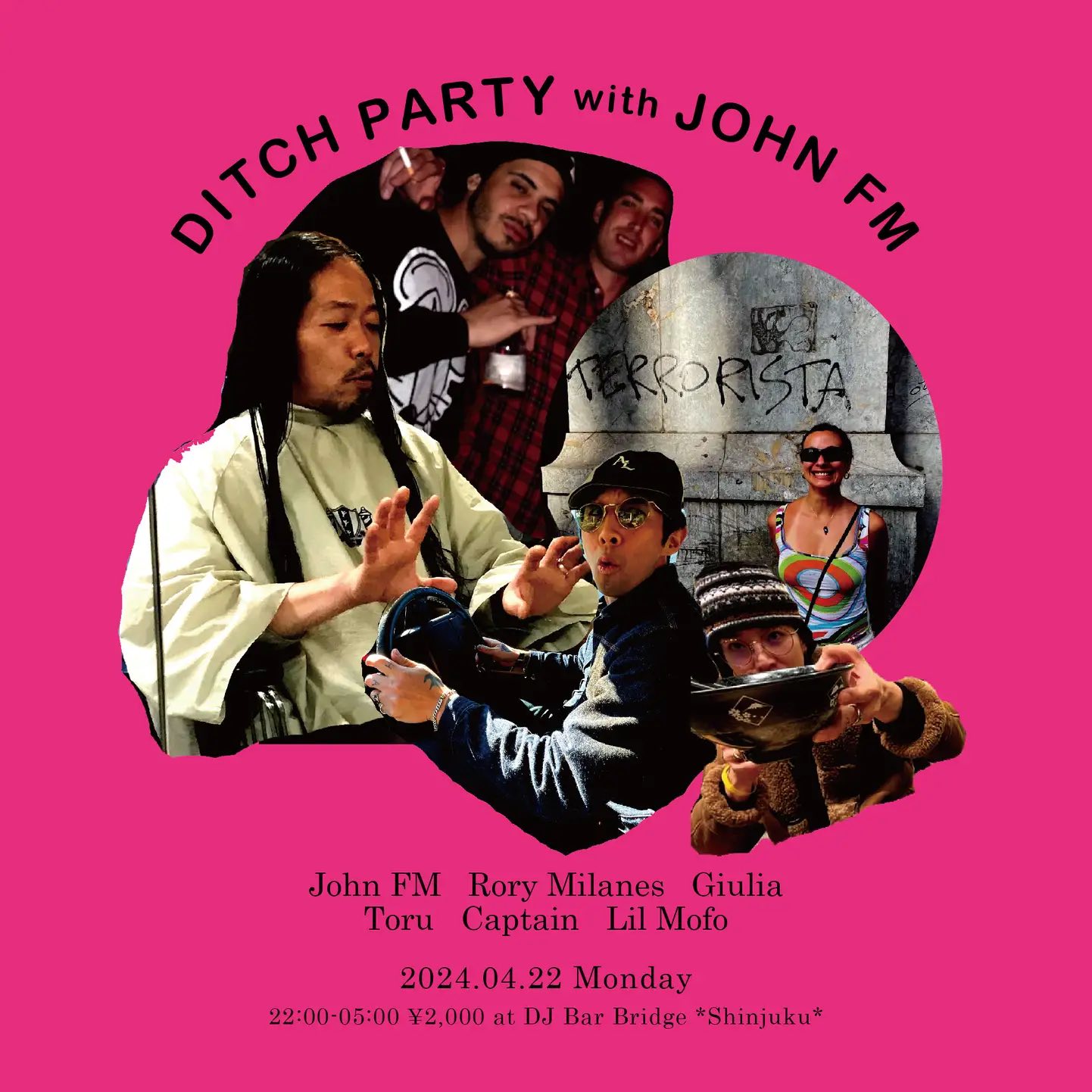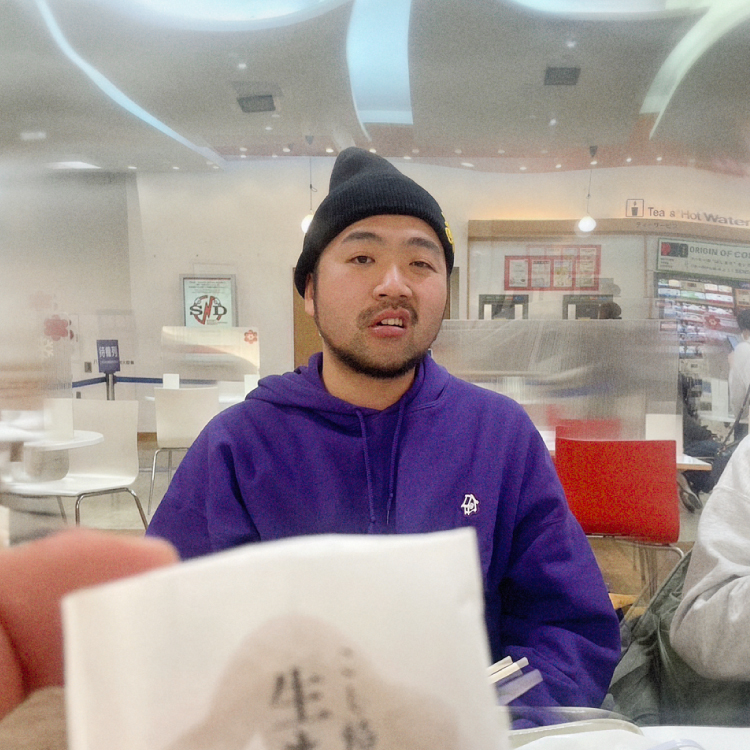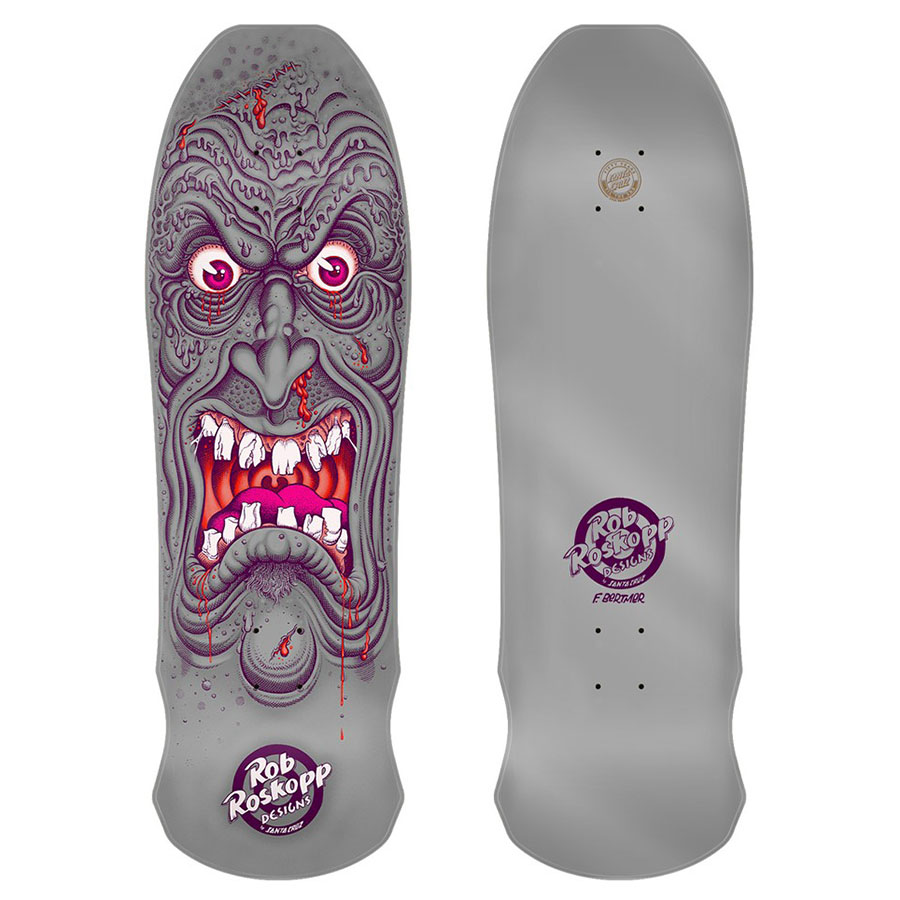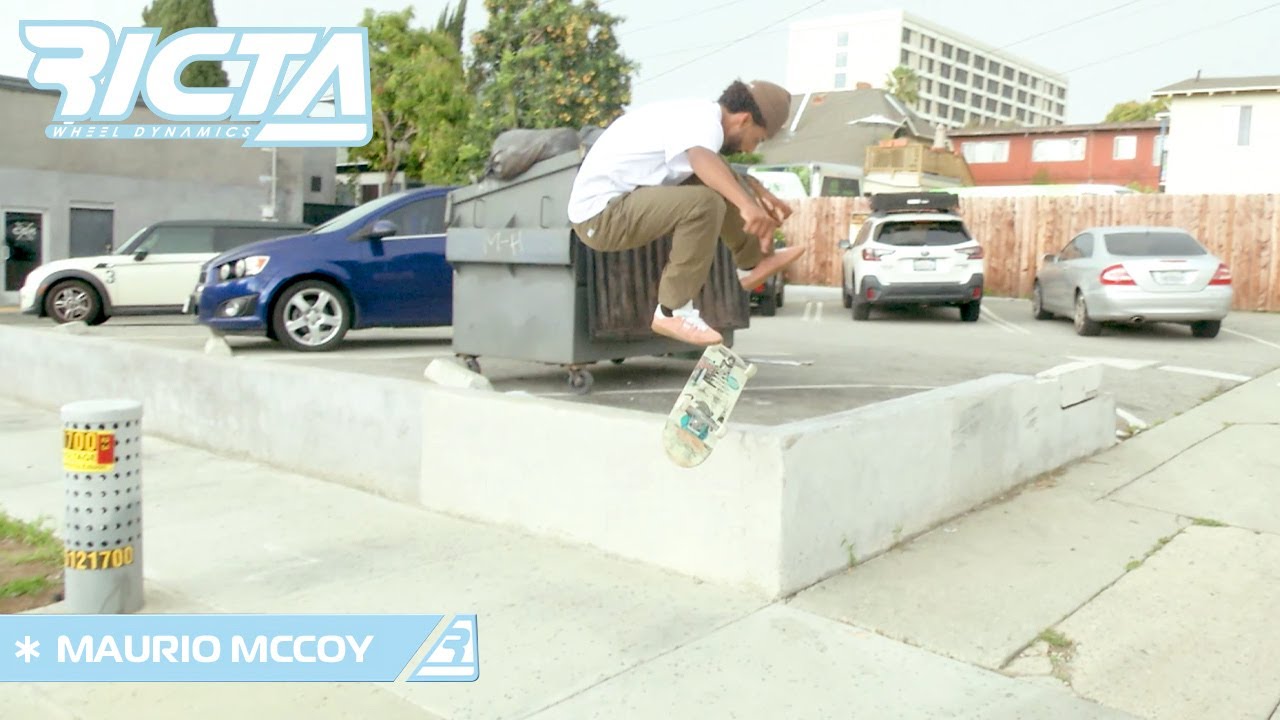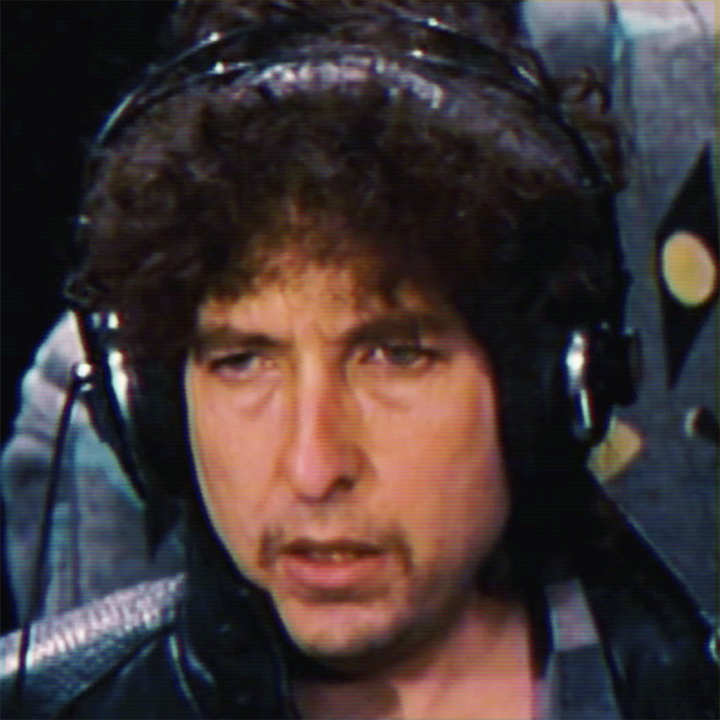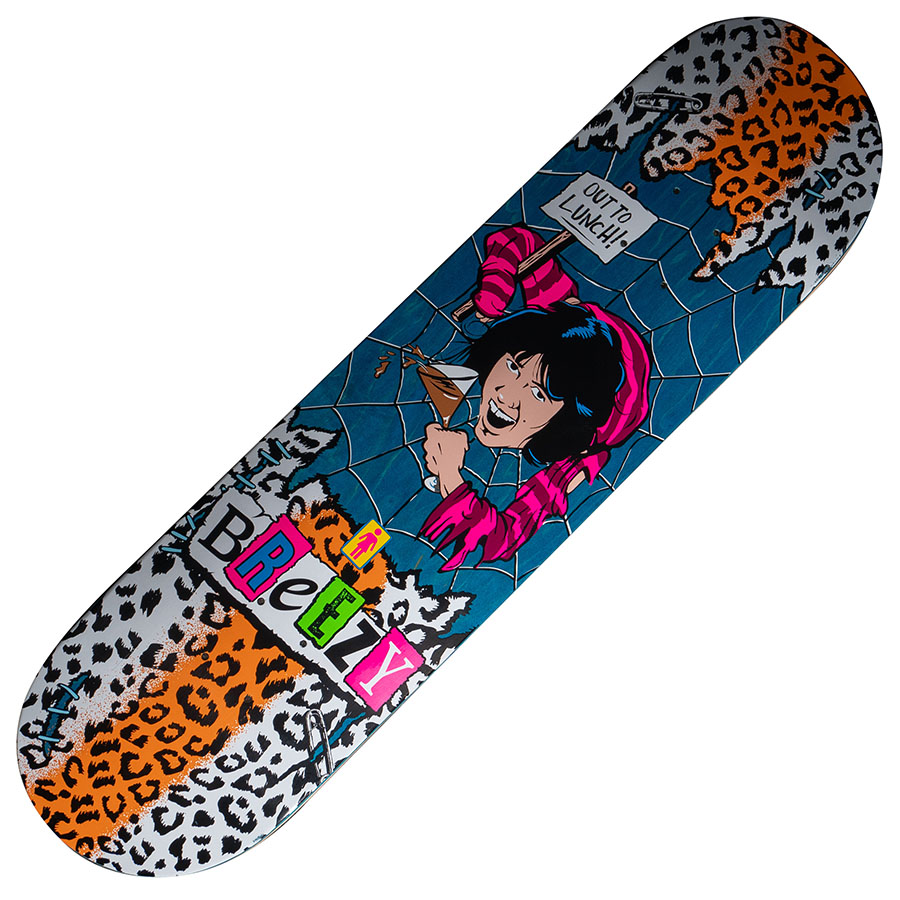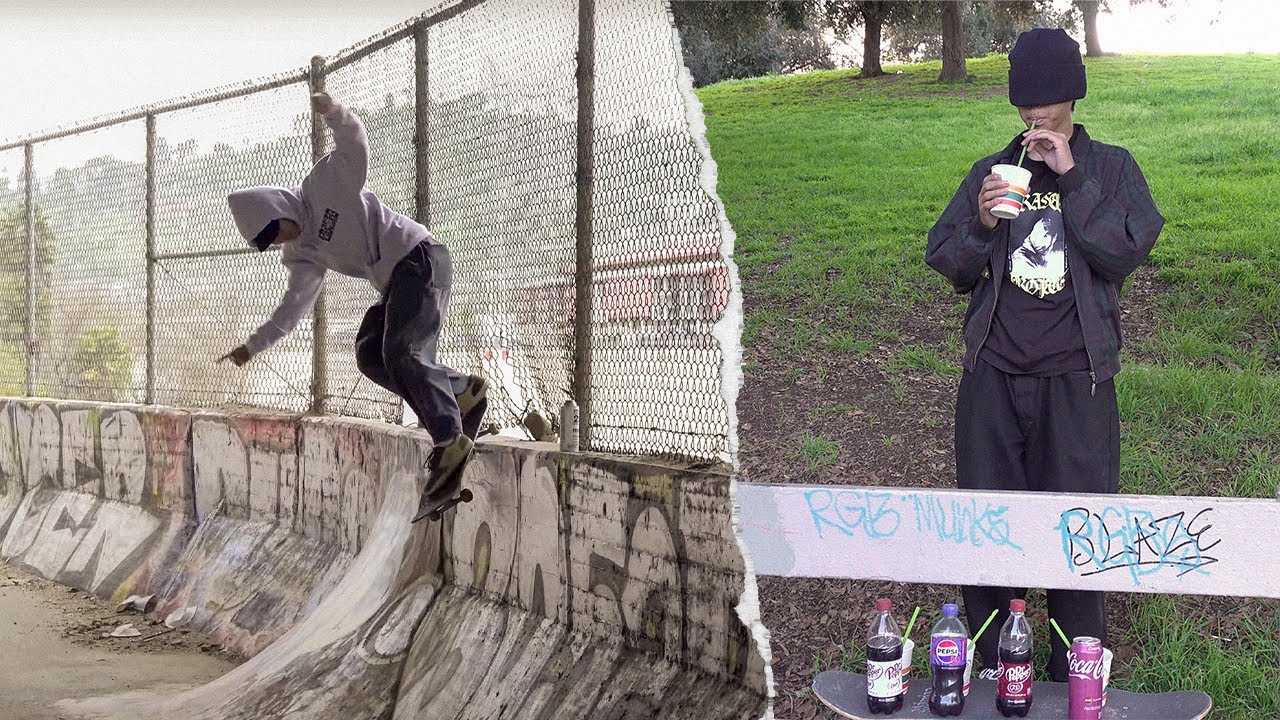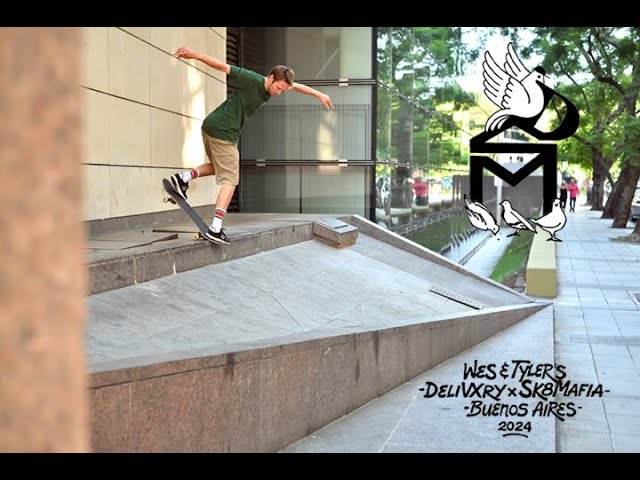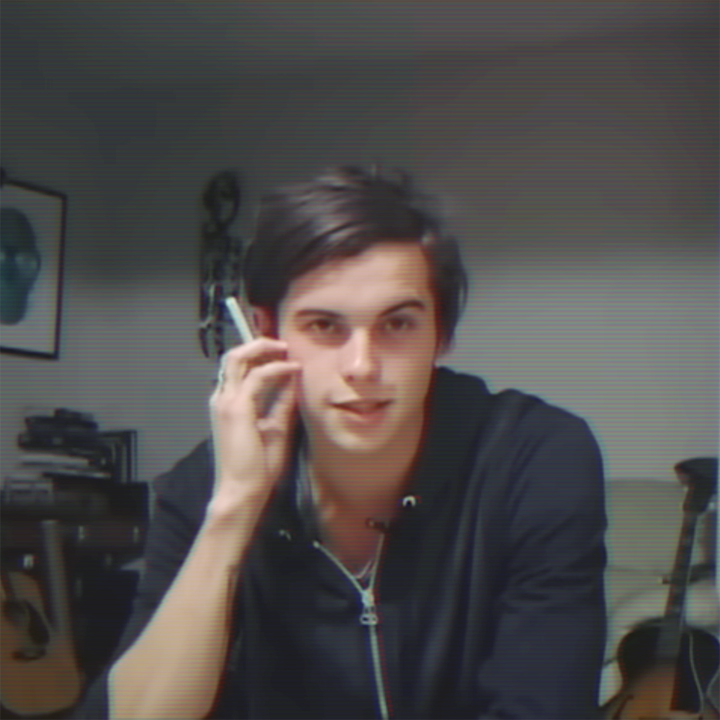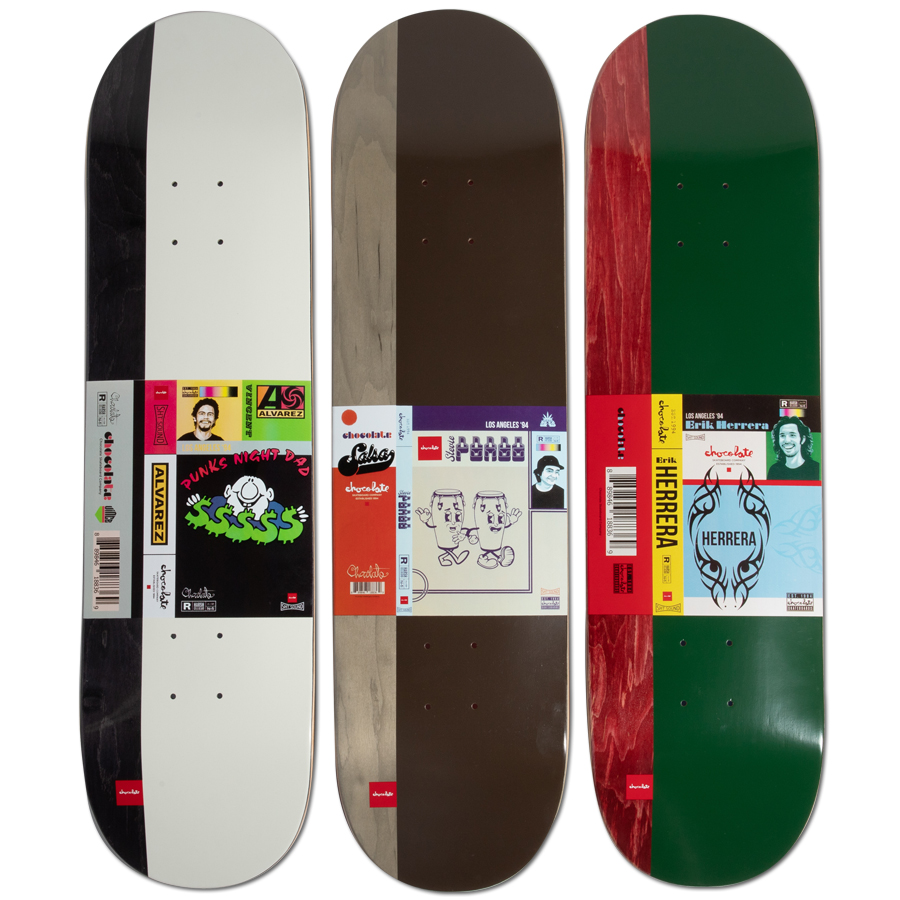SKATING IN SF BACK IN THE DAY AND THINGS AT IFO
──SOICHIRO NAKAJIMA (ENGLISH)
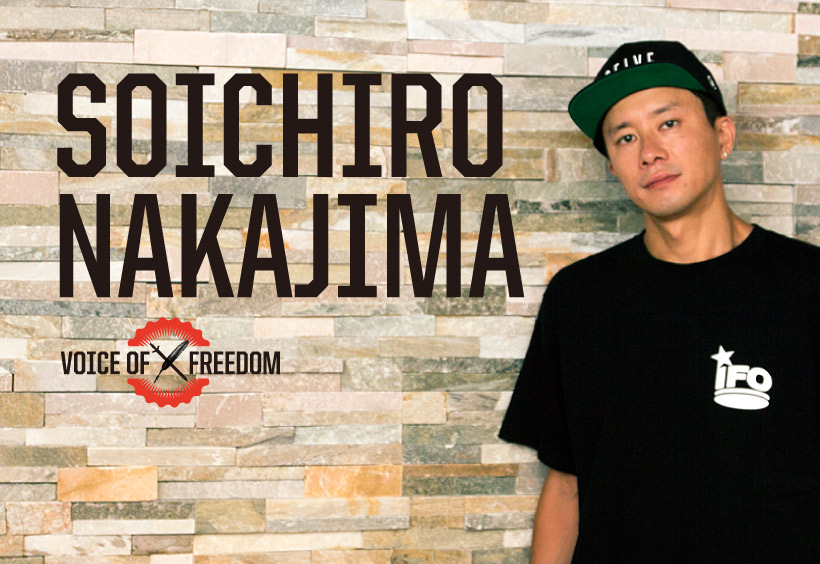
Interview by VHSMAG, Photo courtesy of IFO
VHSMAG (V): Your skate style is about strong pop and high tricks. Where did you get that kind of style from?
Soichiro Nakajima (S): I guess Kareem Campbell. I really liked his skating since I started skating. There used to be an indoor skate park in Takenoduka and he was there at the contest, and he gave me a board and hooked me up with a sponsor. Since then I got so much respect for his and watched his parts over and over. There weren't many skaters with high tricks back then and Kareem's tricks were one of the bests. So i wanted to do tricks as high as possible and tried to catch all my flip tricks.
V: When did you started visiting the US?
S: It was back when I graduated from high school. I was 19. I knew that you needed to go there if you're a skater so I said in Japanese magazine interviews that I want to live in the US and skate. The this pro longboarder name Takuji Masuda approached me at a event and asked me if I really want to live in the US and get a sponsor there. He paid for my flights, arranged a place to stay and paid for everything and hooked me up with famous skaters. Japanese legendary photographer Nishi came and stayed at the apartment for like two weeks. Takuji introduced him to me too.
V: How did you get hooked up with Stereo?
S: Takuji knew people at Deluxe and introduced me to Chris Pastras. I got sponsored by Stereo during my first visit. Then I also got hooked up with Spitfire and Venture as well.
V: Did you feel any change in yourself after the experience in the US?
S: I was sponsored by the brand through Japanese distributor but I was stoked to be on the official team and it boosted up my motivation to skate even more. I was proud of my sponsor as they had my name in the ads and videos. It was really happy when they used me for an ad too. It's so different to be on the official team compared to just riding for the distributor. I'd visit Deluxe to get my gear and learned that almost all the people working there are skaters. They all have their roles and it's a company where skaters work for skaters. I realized that skaters can actually run a company.
V: How did you get that part for 411VM's Wheels of Fortune and the opening intro?
S: It was my third visit to the US and I was staying at Ken Goto's place. One night this drunk white guy came and asked me to come film with him the next day. He said he'll get me in 411VM if I can get three tricks. It was Ewan Bowman, he was filming for 411VM. The I went to film and got three tricks in one day. He told me if I get 12 tricks and 4 lines, I can try and go for Wheels of Fortune. The we started filming together and skated my ass off for two months. We filmed everyday and got along with pro skaters and photographers. You know, things don't necessary happen even when someone make a promise, so I never told anyone about this 411vm thing after I went back to Japan. A few months passed and 411VM Vol. 41 was released. I watched it for the first time in Japan. I was in the opening intro too and I thought to myself that I made it in the screen that I used to watch. I got the opening intro in Vol. 44 too and they never tell me about it. I just find it out when the video is released just like any other skater.
V: Any behind the scene story from Wheels of Fortune?
S: I was filming for three months straight so I rode so many boards. I was changing my board everyday so it was pain in the ass to put it together before the session. The first half of the part is edited in the order that the tricks were filmed, so I'd watch it and look back, thinking, "Yeah, I did that that day and did this that day."
Soichiro Nakajima's Wheels of Fortune from 411 Issue 41.
V: Did you feel any difference between the US and Japan?
S: One thing was that pros can make a living by what they do, wether they're a skater or filmer. So I was able to film everyday. Whereas in Japan, these activities are still a hobby so it's hard to adjust schedule. Also skate community is established in the US. Back then, photographers were using film so you needed to make the trick in ten tries for sequence. You try to make it in three tries, if you make in ten tries that's good, if it takes longer then that's just luck. So pros back then lands tricks super fast.
V: What was most memorable during your stay there?
S: 411VM was memorable but Ewan helped me out and sent me sponsor me tape to Kelly Bird at Lakai. He didn't get back to me during my stay and I thought I didn't make it but one day I got a call really early in the morning. It was from Kelly and he told that they're willing to support me. Then I received a contract got on the team. I was super stoked to be on the dream team and felt the US was getting even closer.
V: What did you learn through your stay?
S: That you're you. People there stay true to being who you are and don't get carried away. Individuality is respected.
V: You're one of the tech pioneers of your hometown Shonan area along with Zizow. What do you think about the scene there?
S: We had many famous skaters since I started skating so I thought I'd eventually be like them. There used to be a mini ramp in the back of Murasaki Sports in Chigasaki and we all grew up skating there. We hardly had anything to skate so that place was huge for us. I used to go there everyday as I was living close. Just skating the mini ramp non stop for a year. Then that famous spot Segamae was made in Kugenuma when I was in 9th grade and it was on from there. Kugenuma is the best. It's all marble ledge and you can do up and down on them. I think Shona skating was developed because we had good environment. My buddy Pong was filming us and made videos and people liked it. That became Chatty Chatty. We never tried to be someone else and kept true to who we are, and that's because we had that kind of place and people.
Soichiro Nakajima's part from Chatty Chatty 3.
V: Was growing up in Shonan help you during your stay in the US?
S: Like I said, there were many pros and sponsored skaters around me when I started skating, so I wanted to be a pro. We had a mini ramp nearby and Kugenuma in biking distance. I had many skater friends and used to filmed with each other. I guess that experience helped me in one way or another.
V: How has the skate scene in Japan change since then?
S: I think skaters back then didn't want to do what the parents tell them, but now you see a lot of kids coming to skate parks with parents. I guess it's gained more attention and gotten healthier but street spots are getting closed down. You look around and all you see is skate parks.
V: How did you decide to start your skate company IFO?
S: I used to go and film not only in the US but also in Hong Kong when I was in the mid twenties. Anthony Claraval helped arranged the tour and I got to know people at board pressing factory there. People start business in their twenties in China. I was skating for Element but I decided to start my own business when I turned thirty.
V: What's the meaning behind the brand name IFO?
S: IFO is the opposite if UFO, and it's short for "Identified Flying Object." I wanted skating, which is a flying object to be recognized more in Japan.
V: IFO released first full length video Time Capsule in 2014. Online short edits are common these days and what do you think about the importance of full videos?
S: It takes time, effort and money to make full videos. I might have an old mindset but I think full video in physical format is still important today. If you're looking for quick information, online edits are good but it can get forgotten pretty quickly. Of course we need online edits along with full videos. We can make edits easily now so it's important to make something that people can look back and watch. So for Time Capsule, I took a lot of time to make it and released it at the right timing. It was great to have DJ Kensei make all the music as well.
V: Who are on the team?
S: Skaters who can skate from street to contests. For the pro team we have Takashi Yamaguchi and Kazuhiro Hiroki. For am team we have Kaito Sagawa, Hiroki Takamura, Hitoshi Tateishi, Iku Denda, Hiroto Naito, Satoshi Ikeda and Shunpei Sato.
V: What are the things you look for in skaters who want to get on the team?
S: You need have good skills, but someone who has distinct style. And needless to say, good personality as person.
V: What are you guys up to lately?
S: We've been doing demos and skate schools at events since we started. We're going to take part in 2016 Sendai games event soon. We used to go on two-week filming trips but recently we're doing short ones. We're planning video projects soon so all the footage goes in there.
V: What's the best thing about IFO?
S: It's a team that has skilled skaters that can skate anything. All the gear that can be used from experienced skaters to beginners. We collaborate with artists and they're getting attention worldwide.
V: What's the importance of domestic brands in Japan?
S: First of all, I think every country has their domestic brands, but I see many skaters use domestics boards in Europe. In the US too, I think people support brands that are from their region too. Every skate brand is trying to energize their skate scene. It's not an election but it means you can give back to your community if you choose the right brand. I know that overseas brands got amazing skaters but my hope is that Japanese skaters choose domestic brands. If you choose overseas brands, it means that part of the money made here in Japan goes away. If you choose domestic, the money stays in Japan and it'll make easier to energize local community. It'd be awesome if Japanese skaters could support Japanese pros by choosing domestic.
V: What's the advantage and disadvantage of running a skate company?
S: running a skate company here in Japan is tough as the market is not so big compared to the US. I think the environment has improved but people here still choose overseas brands. I mean, I knew that but I started my brand because I had frustrations as pro skater. Overseas brands got great skaters and cool, but the situation is that their products are just imported to Japan. You ride for their distributor in Japan and you just get flowed with their gear. They have their own official team so most of them don't need to think about Japanese skaters. Element helped out and released my pro board and did so many things for Japanese skate scene so I'M not saying that all overseas brands are like that, but Japanese pro is essential to energized Japanese scene. I don't like seeing them treated like nothing for their brands. So to get rid of my frustrations, I started IFO.
V: What did you learn through IFO?
S: That skaters are so diverse and hard to work with. I realized that they're not normal. Skaters that get props are tend to be unique and creative, so it was really hard to get the skaters together as team. I was a pro skater too so I understand how they feel. So my job is to come up with events and projects that they can feel comfortable with. I have young skaters ow so sometimes I feel like a dad.
V: Skating are getting more attention with the Olympics. What's your take on this?
S: I'm backing the Olympics. I'm sure there are good and bad side, but I'm hoping that many people will know the great things about skating. I think things will get better for the pros in Japan so I think it's good.
V: What's lined up for you and IFO?
S: I had two surgeries for my knee four years ago and it's still not doing good so I haven't been able to skate so much. I'm considering whether I should keep releasing my pro board or not. I've been filming my team so I'll continue to go on trips with the team as filmer. I had been a sponsored skater, but from here, I'd like to support skaters that ride for IFO and 9Five.
 Soichiro Nakajima ifoskateboard.com Instagram:@ifo_skateboard
Soichiro Nakajima ifoskateboard.com Instagram:@ifo_skateboard
Born in Chigasaki, Kanagawa. Known for his strong pop and fakie tricks, he used to skate for Stereo. Now he runs his own skate company called IFO and also distributed San Diego based eyewear brand called 9Five.
 Soichiro Nakajima
Soichiro Nakajimaifoskateboard.com Instagram:@ifo_skateboard
